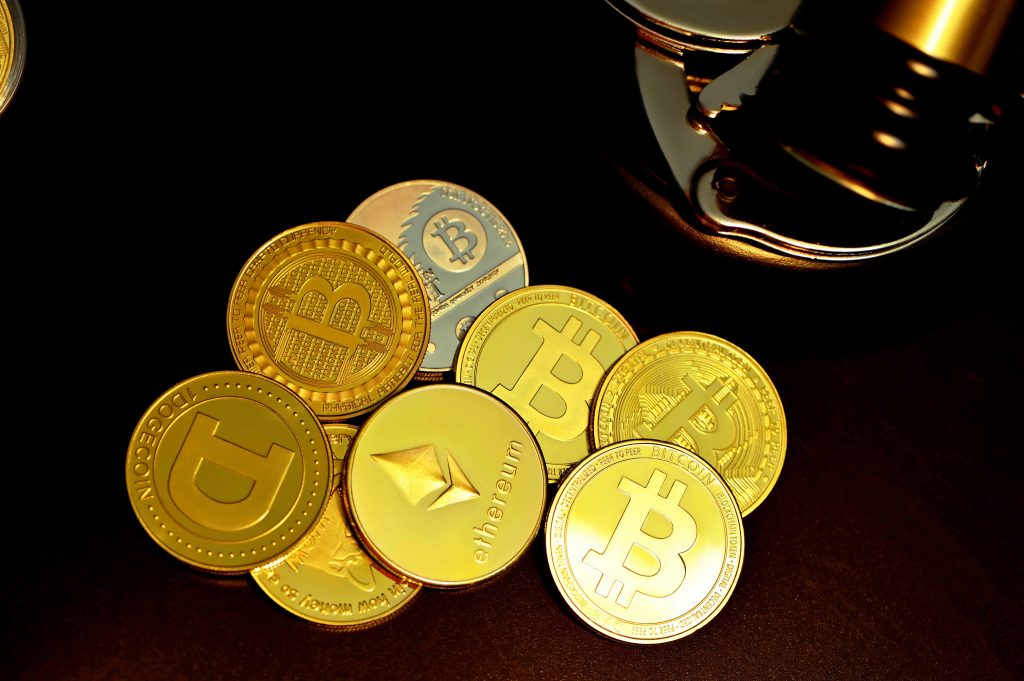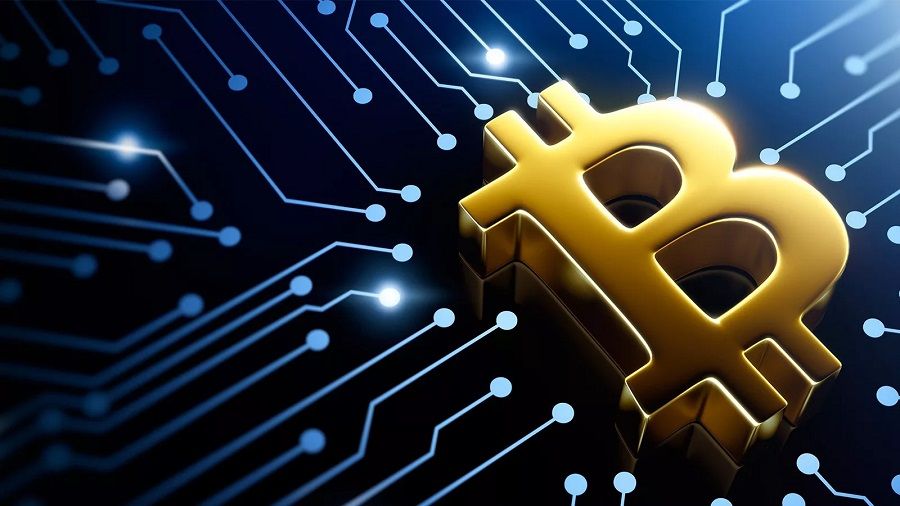
Do you want to know hur mycket kostar en bitcoin? To buy bitcoin, you need to find a crypto exchange that allows you to trade. There are many options, but you’ll want to choose one that combines ease of use with low fees and high security.
You’ll also need to decide whether you want to buy your coins in a traditional way or on a spot market. This will affect where you store your cryptocurrency and how you trade it.
How to buy bitcoin
If you are looking to buy bitcoin, there are several ways to do so. One way is to use an exchange, which allows you to purchase crypto using a bank transfer or credit card.
Before you can start buying, you must first verify your account. Most exchanges require that you upload documents to show your identity, such as an ID card or passport.
Once you’ve done that, you can deposit funds to your account via a credit card or bank transfer. The money should arrive in a few days, though it may take longer for some currencies.
Once your funds are in your account, you can then choose to buy or sell bitcoin. Most crypto exchanges offer three fundamental order types: market, stop, and limit orders.
Exchanges
Buying bitcoins on an exchange like Bybit https://www.bybit.com/en-US/ is one of the most convenient ways to invest in cryptocurrencies. Several major exchanges offer the ability to buy and sell cryptocurrencies with a bank account or credit card.
Most exchanges offer multiple order types, including market orders and limit buy orders. Most orders are automatically matched with sellers offering the lowest price and executed instantly.
Many popular exchanges also offer a variety of other features to help you manage your investment portfolio and make informed decisions about where to trade. These include charts and tools for trading, portfolio management, and staking.

ATMs
A crypto ATM is an automated machine that lets you buy, sell, and send cryptocurrency. These machines work by connecting to a digital ledger called the blockchain.
Users enter a crypto wallet address into the machine, which is linked to a QR code that must be scanned by a smartphone. After the transaction is complete, the Bitcoin machine will send a certain amount of money to the address.
Using this method, you can easily send money to friends and family. However, you should be careful when using these machines because they are vulnerable to scams.
Many crypto ATMs require users to provide an ID. This aims to prevent large-scale illegal financing, money laundering, and other criminal activity.
Hardware wallets
Hardware wallets are the safest way to store your crypto assets as they keep your private keys offline and are more resistant to online attacks. They also come with robust security measures, including a PIN code and biometric authentication.
These devices are available in a variety of models and brands. Some of the most popular options include Ledger, TREZOR and KeepKey.
They’re a great option for storing bitcoins and other digital currencies, and they’re compatible with many different cryptocurrencies. They’re also easy to use and offer a high level of security.
However, there are a few realistic risks that a hardware wallet can’t prevent. For example, scammers can steal your private keys, or malware can swap your recipient address.
Wallets for mobile devices
A mobile wallet is a secure place to store digital versions of cards, tickets and other documents that you can use on the go with your smartphone. They’re also an excellent way to manage your credit and debit cards.
These apps store virtual versions of your credit and debit cards, ID cards, movie tickets, subway passes, loyalty club memberships, and reward cards. Some even store boarding passes, business invoices and other important documents.
Most wallet apps use tokenization to encrypt card information when it’s sent over NFC waves. This protects the data from cyber criminals who might try to steal it and use it fraudulently.
Apple, Google, and Samsung also let you remotely wipe your wallet data if you lose your phone or it’s stolen. It’s also generally safer than carrying cash and credit cards, as mobile wallets require a passcode or face scan before transactions can be completed.
